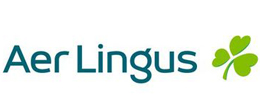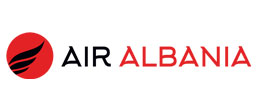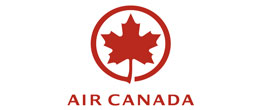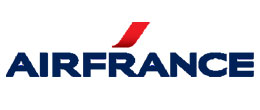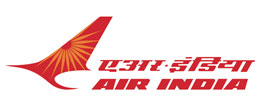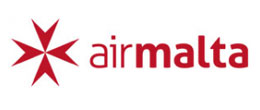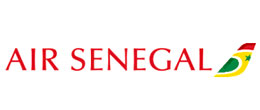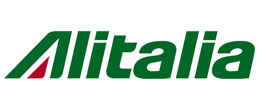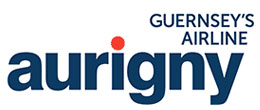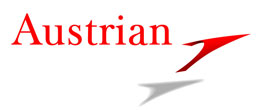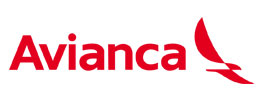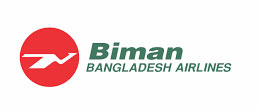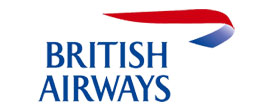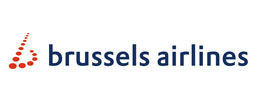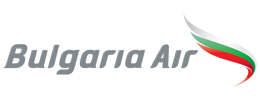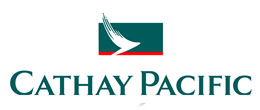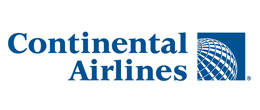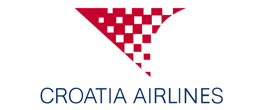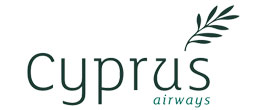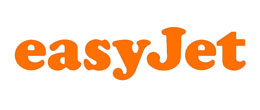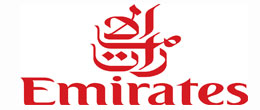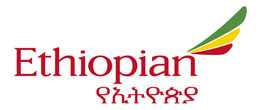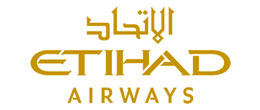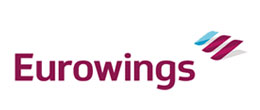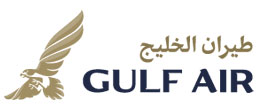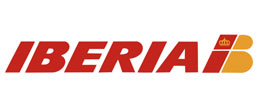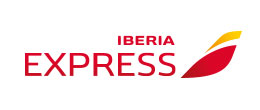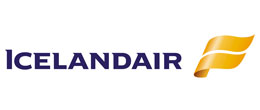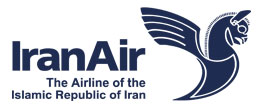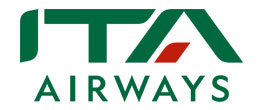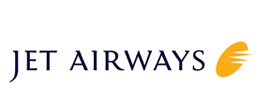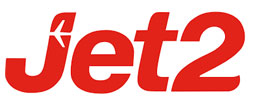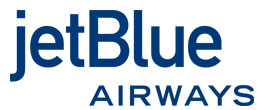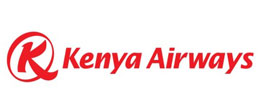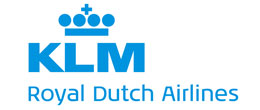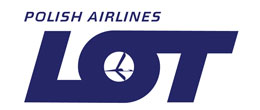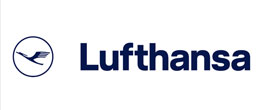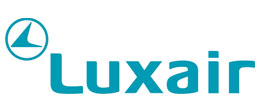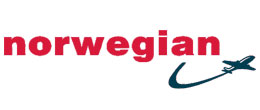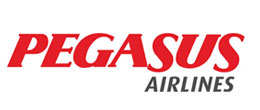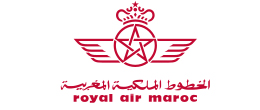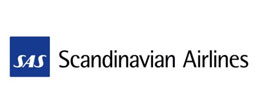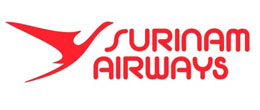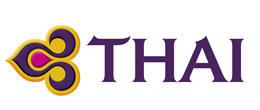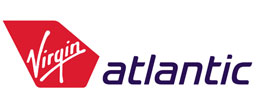- Home
- Make a claim
- Airlines
- Adria Airways
- Aegean Airlines
- Aer Lingus
- Aeroflot Russian Airlines
- AeroMexico
- Air Albania
- Air Algerie
- Air Arabia
- Air Austral
- Air Baltic
- Air Canada
- Air China
- Air Corsica
- Air Dolomiti
- Air Europa
- Air France
- Air India
- Air Malta
- Air Mauritius
- Air Moldova
- Air New Zealand
- Air Philippines
- Air Senegal International
- Air Serbia
- Air Transat
- Alitalia Express
- All Nippon Airways
- American Airlines
- Arkia Israel Airlines
- ASL Airlines
- Atlantic Airways
- Aurigny Air Services
- Austrian Airlines
- Avianca
- Azerbaijan Airlines
- Azores - SATA International
- Biman Bangladesh Airlines
- Blue Air
- Blue Islands
- Bluebird Airways
- BMI Regional
- British Airways
- Brussels Airlines
- Brussels International Airlines
- Bulgaria Air
- Buzz Stansted
- Cathay Pacific
- China Airlines
- China Eastern Airlines
- Continental Airlines
- Corendon Airlines
- Croatia Airlines
- Cyprus Airways
- Czech Airlines
- Delta Air Lines
- Eastern Airways
- easyJet
- Egyptair
- El Al Israel Airlines
- Emirates
- Envoy Air
- Ethiopian Airlines
- Etihad Airways
- Eurowings
- Finnair
- Fly One
- Flybe
- Flyr
- Gol Transportes Areos
- Gulf Air
- Helvetic Airways
- HiSky
- Iberia Airlines
- Iberia Express
- Icelandair
- Iran Air
- Iraqi Airways
- ITA Airways
- Japan Airlines
- Jazeera Airways
- Jet Airways
- Jet2
- JetBlue
- Kenya Airways
- KLM
- Korean Air
- Kuwait Airways
- LATAM Airlines
- Lauda Europe
- Loganair
- LOT Polish Airlines
- Lufthansa
- Luxair
- Malaysia Airlines
- Norse
- Norwegian
- Nouvelair Tunisie
- Pakistan International Airlines
- Pegasus Airlines
- Play Airlines
- Qantas
- Qatar Airways
- Rossiya Russian Airlines
- Royal Air Maroc
- Ryanair
- SAS
- Saudia
- Scoot
- Silk Way Airlines
- Singapore Airlines
- Sky Express
- South African Airways
- SriLankan Airlines
- SunExpress
- Sunwing Airlines
- Surinam Airways
- Swiss International
- TAP Air Portugal
- Thai Airways
- Transavia
- TUI
- Tunisair
- Turkish Airlines
- Turkmenistan Airlines
- Ukraine International Airlines
- Vietnam Airlines
- Virgin Atlantic
- Vueling Airlines
- WestJet
- Wideroe
- Wizz Air
- Airports
- FAQ's
- Compensation Calculator
- Recent Flight Delays
- Blog
- About Us
- Contact Us
Why is Turkey so expensive?
Date: 26 SEP 25
For years, Turkey has been known as one of the best-value destinations for UK holidaymakers. Cheap meals, affordable shopping, and bargain breaks were part of its appeal. But more recently, travellers have been coming back with a very different story: Turkey feels expensive — sometimes as costly as the UK itself. So, why has Turkey lost its reputation as a budget-friendly escape?
Here are the main reasons behind the rising costs, and how they affect British tourists today.
Inflation and Rising Domestic Costs
Turkey has struggled with extremely high inflation in recent years. Prices for food, fuel, and services have climbed steeply, putting pressure on local businesses. Even when the Turkish lira loses value, those costs don’t disappear — hoteliers, restaurants, and shopkeepers still have to cover their bills, and visitors feel the impact.
The Currency Effect and Euro Pricing
Traditionally, British travellers benefitted from a strong pound against the Turkish lira. But today, many locals prefer to be paid in euros. Taxi drivers, shops, and even casual vendors often quote prices in euros to protect themselves against lira volatility. This means tourists end up paying rates closer to Western European standards instead of enjoying the old “cheap lira” advantage.
Airport Prices Matching (or Beating) the UK
If there’s one place that shocked many travellers, it’s the airport. Take Antalya, for example — where familiar brands like McDonald’s, KFC and Costa often charge as much as, or more than, their UK counterparts. What was once the land of budget meals now leaves many holidaymakers with surprise receipts before their flight home.
Rising Input Costs for the Tourism Industry
Behind the scenes, hotels and restaurants are battling soaring costs. Imported goods, electricity, fuel, and staff wages have all risen. For international chains and local businesses alike, passing these expenses on to customers is often the only way to survive.
Taxes and Special Levies
On top of inflation, Turkey imposes high taxes on alcohol, tobacco, and luxury items through special consumption taxes (ÖTV) and VAT. This explains why a glass of wine or a cocktail in a tourist resort may feel just as pricey — if not pricier — than in London or Manchester.
The “Tourist Premium” in Hotspots
It’s no secret that some businesses adopt opportunistic pricing in tourist-heavy areas. Restaurants, bars, and shops in Antalya, Bodrum, and Istanbul often set prices comparable to Western Europe, knowing international visitors will still pay.
The Shift Towards All-Inclusive Holidays
With the cost of eating out climbing, more British travellers are opting for all-inclusive packages. While these offer certainty over spending, they also mean fewer people venture into local restaurants, further driving up prices for those who do. Self-catering and half-board holidays, once popular in Turkey, are becoming less attractive as dining out feels less affordable.
Fewer Visitors, Changing Market
Bad press about rising prices has already put some tourists off Turkey. Fewer budget-conscious visitors means the market increasingly relies on package holidaymakers and higher-spending travellers. This shift encourages resorts and restaurants to pitch themselves at “premium” levels, which reinforces the cycle of higher costs.
Political and Economic Volatility
Ongoing economic uncertainty, frequent policy shifts, and lira instability mean businesses face unpredictable operating conditions. Many hedge their risk by pegging prices to the euro or adding larger margins, which inevitably trickles down to tourists.
Flights and Travel Costs
It’s not just on the ground where costs are rising. Airfares to Turkey have crept up as fuel prices, airport taxes, and airline operating costs increase, leaving holidaymakers with higher overall bills before they even arrive.
Final Thoughts
Turkey hasn’t suddenly become a luxury destination, but the days of ultra-cheap getaways are fading. High inflation, Euro pricing, and the rising costs of running the tourism industry have reshaped the landscape.
For UK holidaymakers, the best way to manage costs is to plan carefully:
-
Compare all-inclusive vs. self-catering deals to see what works best for your budget.
-
Factor in airport food and drink — prices can be higher than you expect.
-
Carry some euros as well as pounds, since many vendors prefer foreign currency.
Turkey still offers stunning beaches, rich culture, and warm hospitality — but it’s no longer the bargain basement of Europe. Travellers just need to adjust their expectations before booking that flight.
claim now
Have you had a flight delay, missed connection, cancelled flight or have been denied boarding in the last 6 years? If so try our free flight checker to see how much you may be entitled to in compensation for you AND your fellow travellers.
Start a Claim

